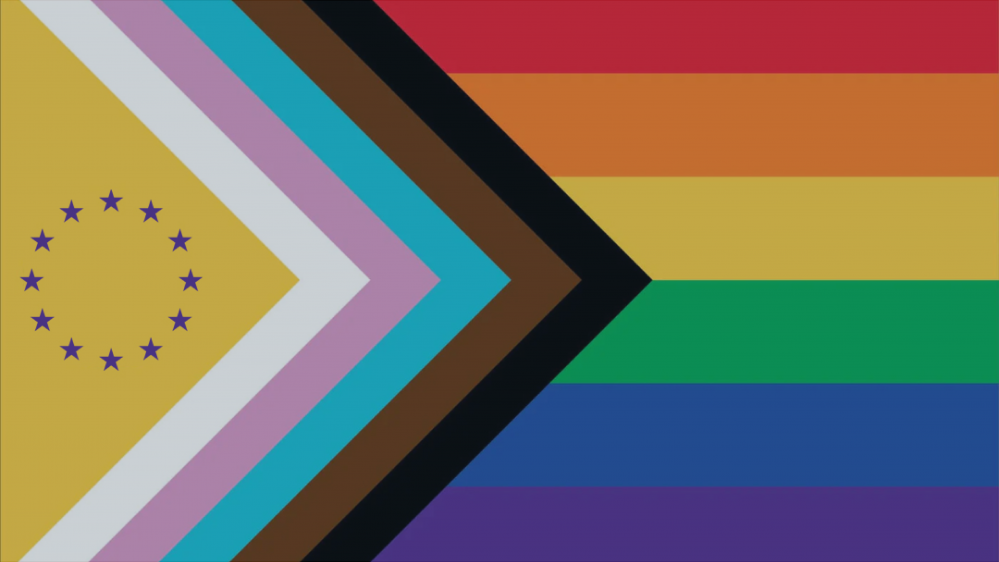In short
• The European Union’s gender policy has undergone a radical transformation, moving far beyond its original focus on women’s rights to embrace a broad and ideologically driven agenda centred on gender identity.
• This shift has been driven not by democratic debate or public demand, but by a powerful network of EU-funded NGOs that have embedded their priorities deep within EU policymaking. With millions in EU funding, these organisations have reshaped policies, redefined gender, and silenced dissenting voices – all without democratic oversight.
• This report exposes how gender activism has been institutionalised through strategic lobbying, enormous EU grants, and direct involvement in policy formation. It outlines the mechanisms through which a small but well-connected group of NGOs, heavily subsidised by EU programmes, have dictated the EU’s gender agenda.
• By funnelling public money into activist organisations and activist research, the EU has not only bypassed national governments but also imposed policies that have important consequences for families and women – policies that many citizens and member states strongly oppose.
Massive EU funding for gender identity NGOs
• The EU has allocated at least €220 million1 to projects involving NGOs promoting gender identity ideology over the last decade.
• At least €40 million has gone to projects involving the most radical transgender advocacy groups.
• Major beneficiaries include:
• ILGA-Europe (involved in projects of €16 million, and directly receiving €12.2 million)
• ILGA-Worldwide (involved in projects of €64.95 million)
• IGLYO (involved in projects of €6 million, and directly receiving €4.5 million) Transgender Europe (TGEU) (involved in projects of €4.6 million, and directly receiving €4 million)
• EuroCentralAsianLesbian*Community (directly receiving €6.2 million)
• Organisation Intersex International Europe (involved in projects of €1.2 million, and directly receiving €1 million)
• At least €26 million has been used to fund activist-driven research promoting gender identity ideology.
Covert NGO influence on EU Policy
• Activists shape EU laws: NGOs have played a direct role in drafting EU gender policies, frequently operating without public transparency.
• Secretive lobbying tactics: ILGA urged politicians to keep their activities ‘out of the public eye whenever necessary’, with over 1,000 candidates signing a 2024 European Election pledge to support this strategy.
• Radical new LGBTQ strategy: The EU has officially adopted a strategy calling for self-ID for children.
Policy capture through extensive EU institutional access
• ILGA-Europe: 42 meetings with Commissioners, 14 public consultations, 16 roadmap contributions, 10 European Parliament meetings, and three expert groups.
• Transgender Europe: seven Commissioner meetings, eight public consultations.
• The influence of these organisations raises concerns about democratic accountability, as policies are increasingly dictated by unelected activists rather than open national debates.
Undermining national competencies
• NGOs use EU funding to pressure national governments into adopting gender-identity laws, bypassing national sovereignty.
• The proposed EU Certificate of Parenthood could override national definitions of family law, forcing member states to recognise legal parenthood definitions imposed by Brussels
• Education policies influenced without and often explicitly against parental consent:
• NGO campaigners push for gender transitions in children to be hidden from parents, and for parents to be forced into compliance through the courts if necessary.
• Reports indicate that in Portugal, schools can facilitate child social transitioning without parental knowledge, and parental opposition may lead to state intervention.
• Mandatory LGBTQI-inclusive curricula are being implemented despite parental concerns.
Weaponisation of research funding
• EU-funded research is being used as an advocacy tool to justify policy changes rather than for neutral academic inquiry.
• Horizon Europe grants fund ideological projects, including:
• ‘Challenging the gender binary’ (€2.4 million)
• ‘MEN4DEM’, a €3 million study treating traditional masculinity as a threat to democracy.
Policy consequences
• Erosion of women’s rights: policies originally designed to protect women and girls have been reshaped to prioritise gender identity.
• Redefinition of legal terms: the shift from ‘violence against women’ to ‘gender-based violence’ dilutes protections specifically for biological females.
• Single-sex spaces at risk: the push for gender self-identification raises concerns over privacy, safety, and the integrity of women’s rights.
Call for transparency and oversight
• The report demands democratic accountability and urges the EU to ensure policy decisions are subject to public debate rather than activist lobbying.
• Greater scrutiny of EU funding allocation is needed to prevent ideological capture.
• Safeguards must be implemented to respect national sovereignty, parental rights, and the safety of women and children.
